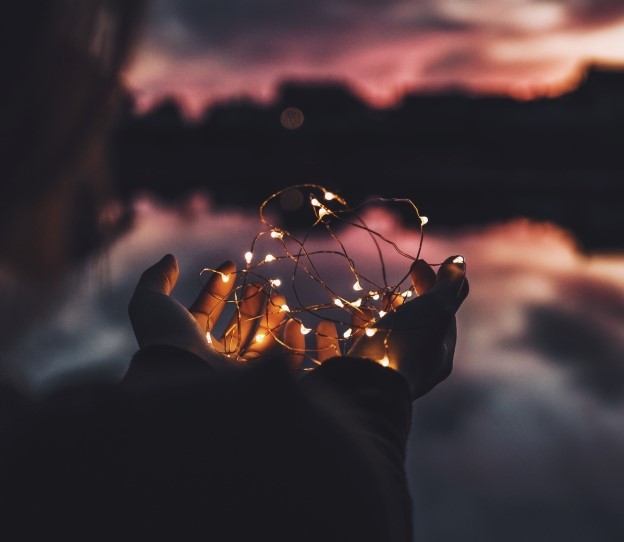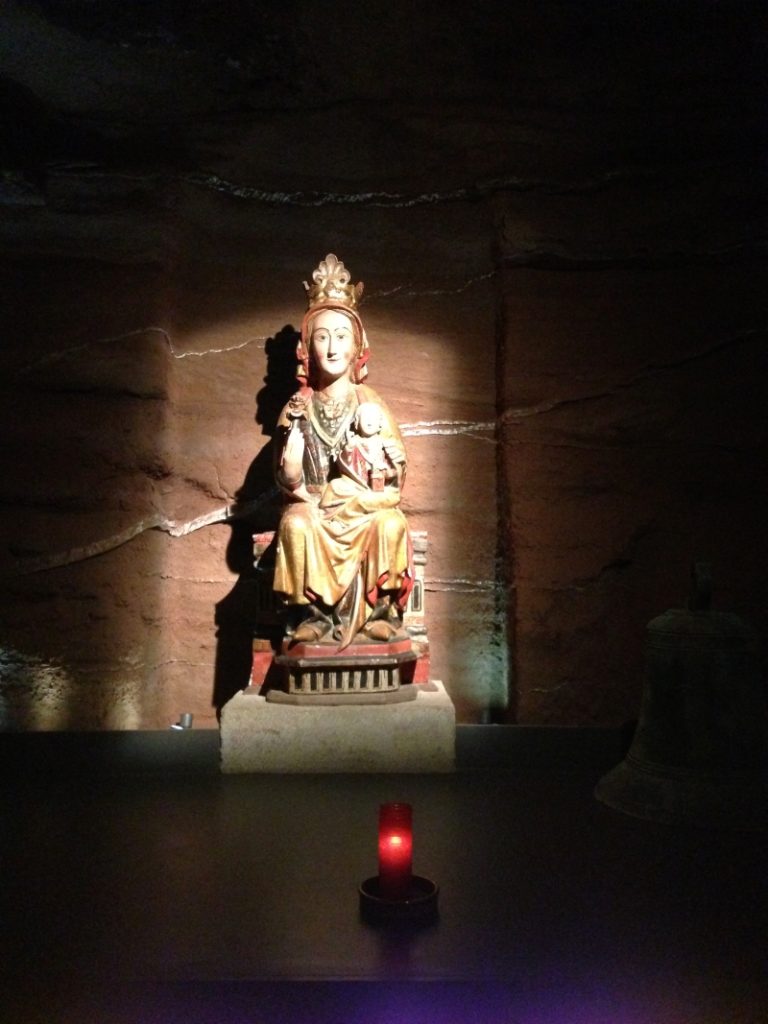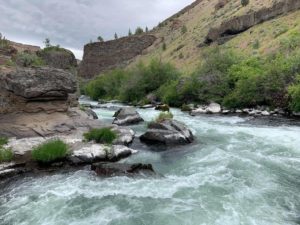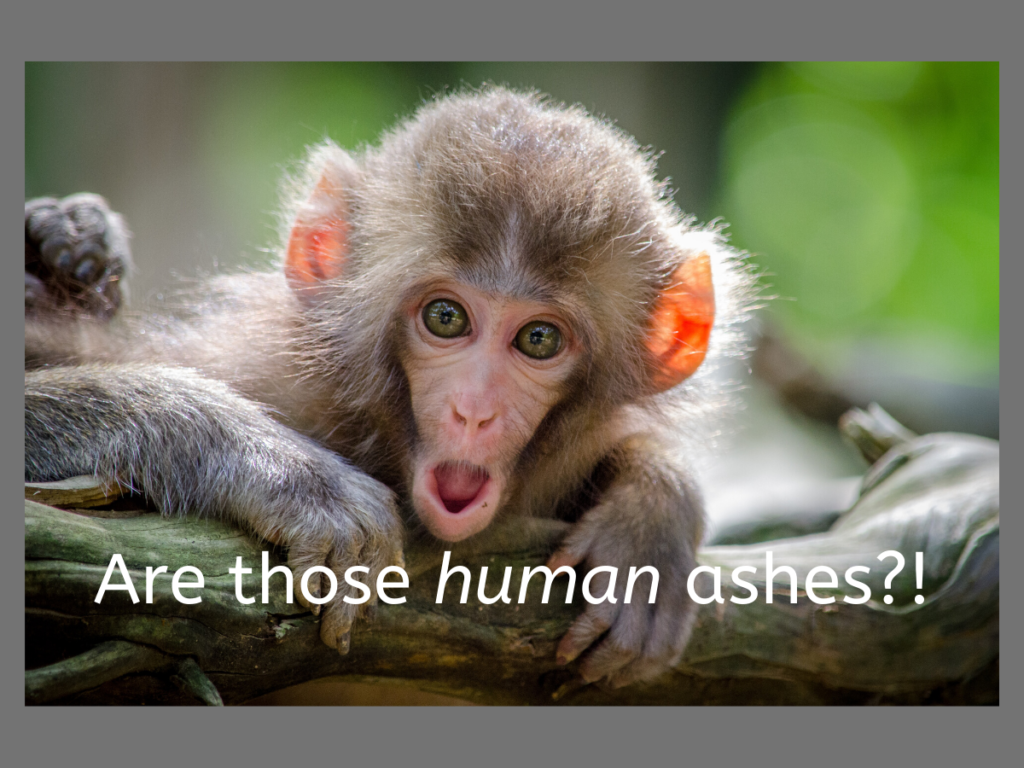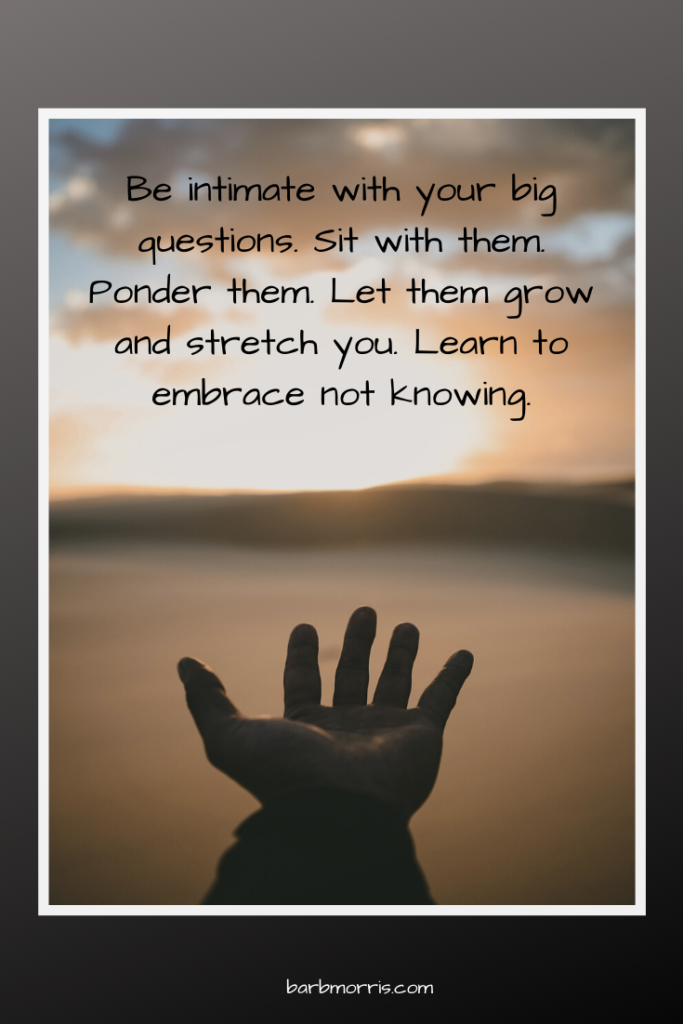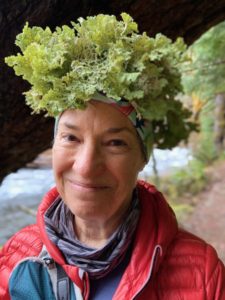
Lately I’ve been trying on words to see if they fit. I, and many of my clients, choose a word of the year every December or January. Many of us find that our words actually choose us.
I’ve gone through several word changes before finding the perfect word(s) for 2021. First there was “delight,” which turned out to be too airy-fairy to support the big changes in store for me this year. Then I tried on “Force of Nature,” thinking that the unstoppable, fierce energy of that phrase was perfect. Close, but not quite right. So I tried on “Creator,” thinking that the goal of moving from victimhood to creatorhood in every area of my life was a worthy one indeed. Powerful, but still not it.
These are all fine words. Perhaps one of them is your word.
The trouble with these words, for me, is that my brain thought of them.
Words of the year should arise from your soul, your connection to what simultaneously sustains you and calls you into new life. I hadn’t been listening to my soul very well.
It turns out, my soul wants to expand. My soul is tired of staying in the lines, caged, and tame. So my words this year are, according to my soul, are BIG, LOUD, and MESSY, whether I like them or not.
My friends, I don’t like these words at all. These words scare me. Like most females in our culture, I’ve been heavily socialized to be the opposite of big, loud, and messy. I’ve been taught that I should strive to be small, quiet, and neat. I’ve been trained to be pleasing and useful and “low-maintenance,” whatever that means.
To take up space, to say what I mean and mean what I say, and to make a lot of mistakes—these will be very uncomfortable. I will not be the same woman after I embody these words for a year. No wonder I’m scared.
That’s the point of your word of the year: to set an intention and a direction, to plant the seed of a desire, to unfurl and grow a little. Maybe to scare yourself a little, too, although that’s not a requirement.
For me this year, I’ve decided I’d rather feel the fear of being big, loud, and messy than the despair of staying small, quiet, and neat.
What about you?
How do you want to feel? What do you want to create? What is your soul’s call?
Want to go deeper or explore further? Contact me here to schedule a no-obligation conversation. And here’s more information on how coaching with me works.
My favorite “Word of the Year” resource.
A meditation on messiness from my novel.
A poem to bigness, also from my novel.
The link to download my novel as a free PDF.
Photo credit: Jed Holdorph.

